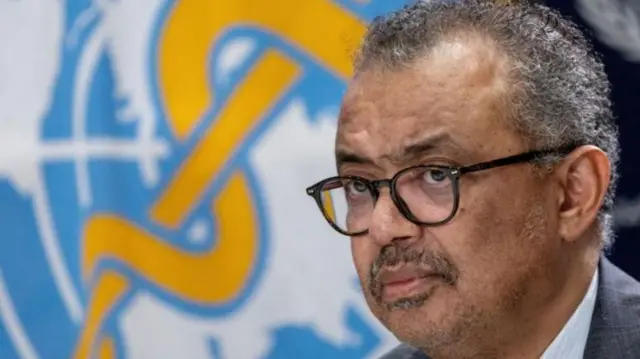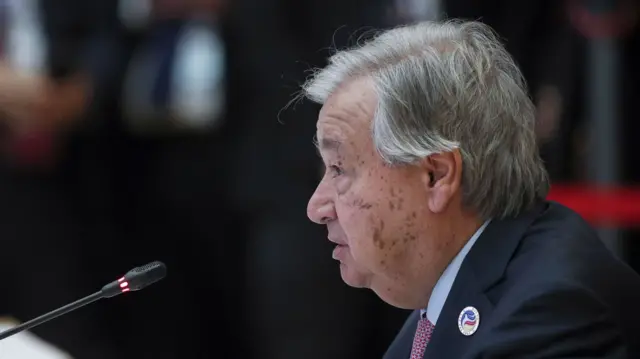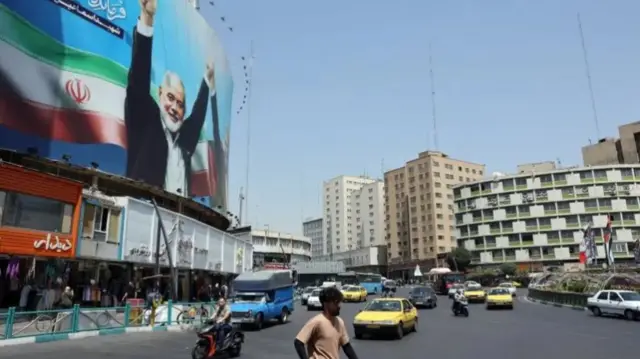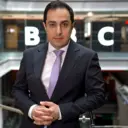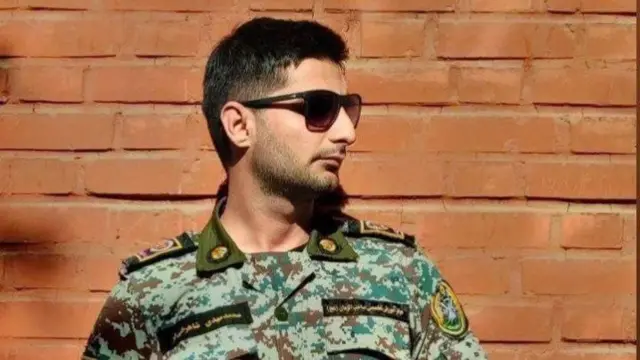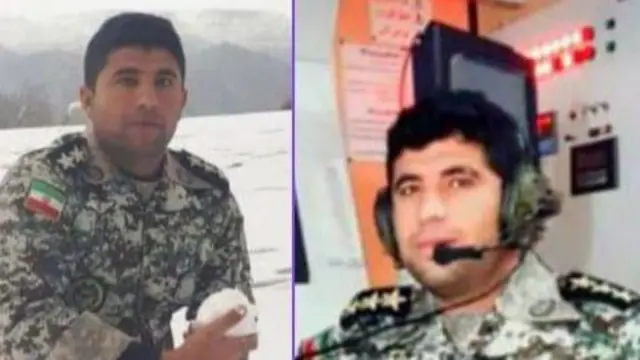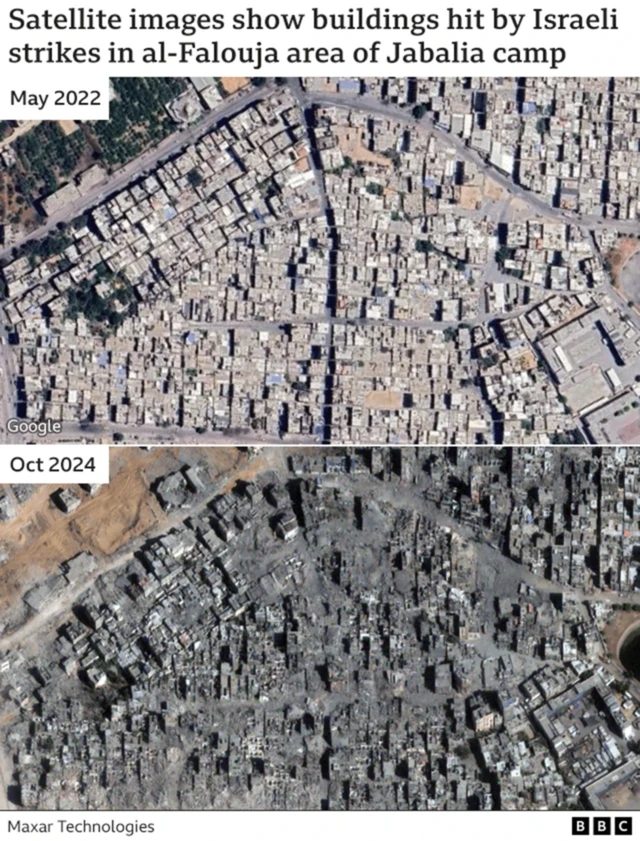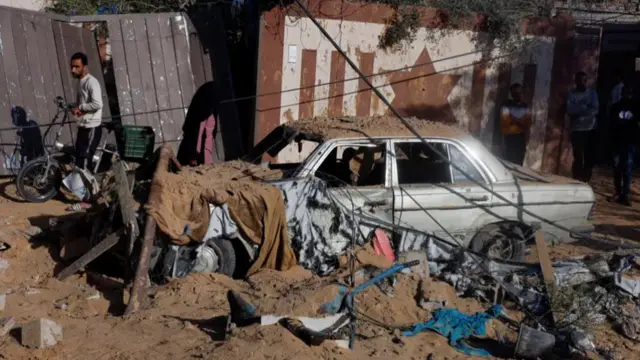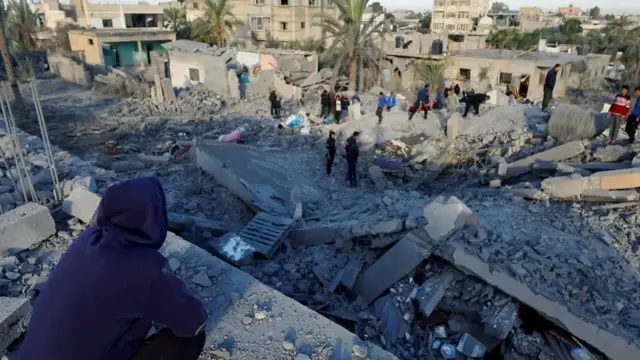Israeli strike on Iran kills four soldierspublished at 18:17 BST 26 October 2024
In the early hours of this morning we heard reports of explosions in Tehran. Moments after that, the IDF confirmed it was conducting "precise strikes on military targets in Iran".
Iran's army said four soldiers were killed as a result of the attack.
There's been much debate throughout the day as to how Iran will respond after the country said it is "entitled and obliged to defend itself against foreign acts of aggression".
Multiple countries, including US allies Jordan and Saudi Arabia, expressed concern at what they said was an escalation, while the US and Britain urged Iran not to strike back.
Thanks for following along with us today. We are now closing our live page, but you can keep up to date with our news story.
This page was edited by Matt Spivey and Jack Burgess. Our writers have been Ben Hatton, Lana Lam, Cachella Smith and Emma Rossiter.
You can read more about the Israel-Gaza war here.

